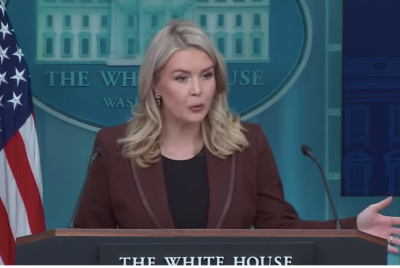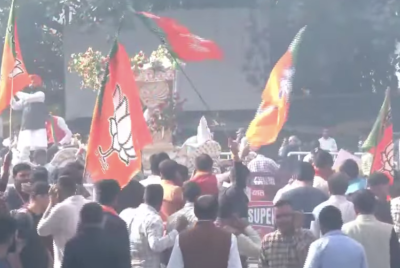Bashar Al-Assad: Syria Believed Downed Turkish Warplane was Israeli [VIDEO]
Syrian president says troops thought RF-4E recon warplane was Israeli when they shot it down
Syrian president Bashar al-Assad said he regrets the shooting down of a Turkish jet by Syrian forces.
Assad told an interview to a Turkish newspaper that his forces did not initially know that the plane was Turkish.
"The plane used the corridor used by the Israeli planes three times in the past," Assad told the Cumhuriyet newspaper.
"We learned that [the plane] belonged to Turkey after shooting it down. I say 100 per cent 'if only we had not shot it down'" he continued.
The president complained about Turkey's decision to cut all military diplomatic ties with Syria but said he would try to prevent the relationship between the two countries from further spiralling out of control.
When asked whether he would step down if the Syrian people wanted him to leave, the leader remained defiant saying: "I would of course leave when millions in my country wish me gone," he said. "Why would I stay where I am not wanted?"
Shift in Russia and China's attitude
Assad's instance he still has the backing of the Syrian people came a few days after the UK and French foreign ministers reiterated calls for him to step down, during international talks in Geneva.
Following the talks, the spokesman for joint UN-Arab League peace envoy Kofi Anan said there had been a shift in China and Russia's attitude.
The two countries have until now refrained from openly calling for Assad to step down and insist on the need to find a political solution to the problem.
"Many forces have joined hands here on Saturday ... don't underestimate the shift particularly from Russian and China,"" Ahmed Fawzi said.
The foreign ministers of the UN Security Council's five permanent members - Russia, the United States, China, France and the UK - attended the Geneva talks on June 30.
Turkey, Kuwait, Qatar, UN Secretary-General Ban Ki-moon, Arab League head Nabil El-Araby and EU foreign policy chief Catherine Ashton also attended the event.
The world powers and diplomats agreed in principle on a political transition that would see the formation of a transitional government.
The new cabinet would be comprised of members of the Assad government and opposition figures.
The first point of focus however still remains the halt of violence, Fawzi added. "It's imperative that we get a ceasefire."
Assad's opponents criticised the deal for failing to demand Assad steps down.
"It's going to be a long, bumpy road," insisted Fawzi, "but we believe that commitments made in Geneva were genuine and if applied as promised will have an effect."
Opposition groups
Exiled opposition groups who also criticised the Geneva deal met up in Cairo on 2 July in a bid to forge a common vision for a transition in Syria.
Arab League chief Nabil al-Arabi, who chaired the two-day meeting, urged the different groups "not to waste this opportunity" and to "unite."
He insisted on the need for "a pluralist democratic system that does not discriminate between Syrians."
Meanwhile activists and rebel fighters in Syria boycotted the meeting for rejecting military intervention.
A statement issued by the Free Syrian Army and "independent activists" said the participants of the Cairo meeting were "ignoring the question of buffer zones protected by the international community, humanitarian corridors, an air embargo and the arming of rebel fighters."
© Copyright IBTimes 2025. All rights reserved.



















